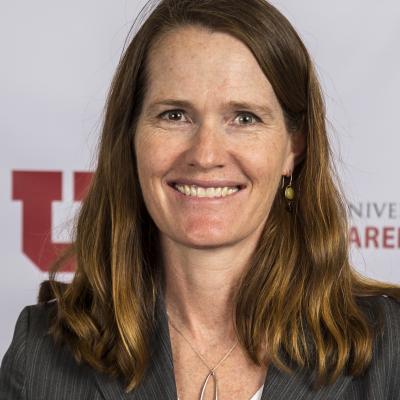Imposter Syndrome
Imposter syndrome/phenomenon results from a feeling of inadequacy that leads to self-doubt, a notion of fraudulence, and a sense of unworthiness regardless of one's achievements and accomplishments. The term "imposter phenomenon" was first coined by Pauline Rose Clance and Suzanne Imes as part of their study into the attitudes of high-achieving women, though "imposter syndrome" is the terminology that is now used most often. For more information on this initial study, visit the link to this first publication.
We acknowledge that imposter syndrome can affect anyone, regardless of gender or other identity, but is more prevalent among certain groups that are minorities within their communities (women in STEM, racial/ethnic minorities, members of the LGBTQIA+ community, persons with disabilities, etc.). For more information on the incidence of imposter syndrome in different groups, visit this article on the impact of imposter syndrome.
We interviewed three women at the University of Utah (Amy Sibul, Cynthia Burrows, Lisa Diamond) who are all in different STEM fields and have different career backgrounds. We asked each of the women about their experiences with imposter syndrome and feelings of discouragement throughout their career, and are using this page to highlight those instances. One of the interesting points to consider is how these experiences differ between research and teaching spheres, in part due to structural differences such as level of expected degree, priority to teach others vs. acquire funding, and pressures to conform to social norms. For more information, please explore the pages on each of the individual women and their stories.
The "Hard Sciences" vs. the "Soft Sciences"
Imposter syndrome may come from a preconceived notion relating to one's self-identity, but other kinds of imposter syndrome can emerge from how others view entire fields of science. One famous example of this is seen through the labeling of some sciences as "soft," while others, deemed as more important or more empirical, are deemed "hard." Areas of study such as physics and chemistry have garnered more respect while social sciences are often left behind. To learn more about the history and use of these two terms, click here.
The distinction between soft and hard sciences has long affected women working in fields that are seen as easier or less important than others. Many examples of so-called "soft sciences," such as psychology, sociology, or political science, have also been feminized over time. When this happens, women who have dedicated their lives to studying these equally important topics are mistreated in the broader scientific community and world as a whole. Studies have shown that to the average person working outside of STEM, fields that have higher percentages of women in the work force are more often labeled as soft sciences while the fields with higher barrier to entry are seen as the more serious hard sciences. To learn more about these studies and women working in fields labeled as soft science, click here.
Kristina Feldman briefly touches on psychology's perception in the following quotation:
"There were always people who were like, 'oh, psychology, like such a soft science,' right? Throughout my life, you know, there's always people who are like, 'psychology, like, ooh, are you reading my mind?' And I'm like, no, not like a psychic, no... I do remember there are times where people weren't super supportive, or they were kind of like, oh, this is an easy thing to do..."
Page researched and written by Charlotte Peacock, Marina Gerton, and Ronata Ibrahim. Edited by Lucas Reynolds to include Hard/Soft Science section in 2024.
Later editied by Pamalatera C. Fenn




